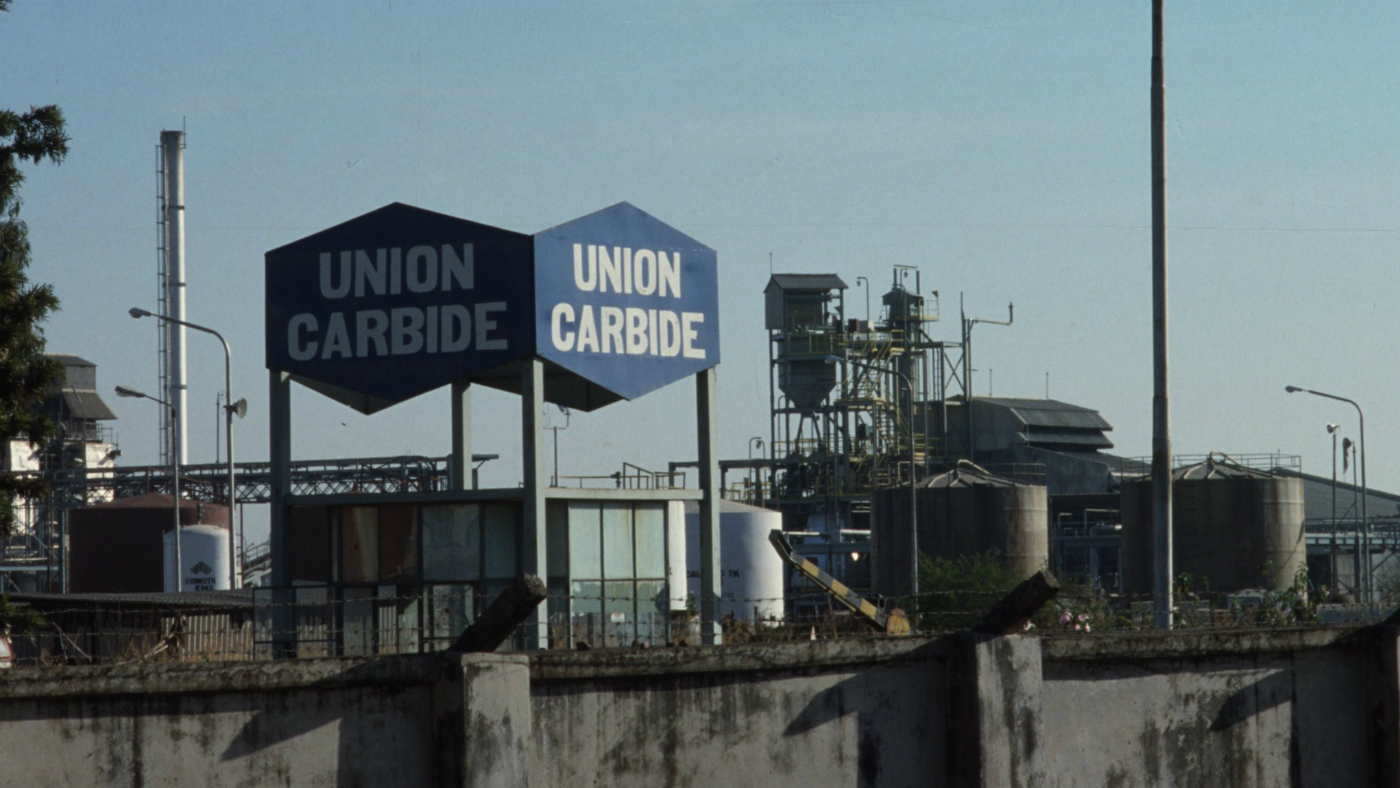Bhopal disaster 35 years on: what happened?
Activists still fighting for justice decades after the world’s worst industrial accident

A free daily email with the biggest news stories of the day – and the best features from TheWeek.com
You are now subscribed
Your newsletter sign-up was successful
Activists have revealed that, almost 35 years on from the Bhopal disaster, hundreds of thousands of people affected by the industrial gas leak that killed more than 3,500 people in the central Indian city have not received any compensation.
Three decades after Union Carbide, the US company responsible for the incident, agreed to pay out millions in compensation, The Independent reports that the almost 470,000 people who were affected by the disaster have not seen “a single cent”.
“People feel cheated. If you look around Bhopal, there are some areas where every fifth household has a child with a disability,” said Rachna Dhingra, a member of the Bhopal Group for Information Action. “You see that they have been left to fend for themselves, denied what they feel was rightfully theirs in terms of compensation by this corporation.”
The Week
Escape your echo chamber. Get the facts behind the news, plus analysis from multiple perspectives.

Sign up for The Week's Free Newsletters
From our morning news briefing to a weekly Good News Newsletter, get the best of The Week delivered directly to your inbox.
From our morning news briefing to a weekly Good News Newsletter, get the best of The Week delivered directly to your inbox.
What was the Bhopal disaster?
On the night of 2 December 1984, a pesticide-producing facility in Bhopal owned by US-based multinational Union Carbide suffered a catastrophic leak, releasing 40 metric tons of highly toxic methyl isocyanate (MIC) gas into the atmosphere.
In the hours after the leak, a “cool morning breeze picked up pace”, India Today reports, exposing the city’s 500,000 residents to the deadly chemical.
By the morning, 2,259 people had died, the majority from choking, reflexogenic circulatory collapse and pulmonary oedema.
A free daily email with the biggest news stories of the day – and the best features from TheWeek.com
“Those who didn’t choke to death woke gasping for breath, their eyes burning from the toxic gas and their mouths frothing,” says The Atlantic, adding that “because MIC is twice as heavy as air, children were affected most”.
Thousands of people were left with life-altering disabilities as a result of ingesting the gas, the effects of which include lung and eye damage. The Bhopal disaster remains the worst industrial accident in history.
The leak also had disastrous long-term effects on the health of residents, such as a sharp rise in miscarriages, stillborn babies and babies born with disabilities. Hindustan Times says that although official estimates put the final death toll at 3,787 - since revised upwards to 5,295 - other sources have suggested that around 8,000 may have died immediately and another 8,000 in the years since.
Who was to blame?
The exact cause of the leak remains under debate. Both the Indian government and activists argue that mismanagement and inadequate maintenance by Union Carbide created a situation where routine pipe repairs caused a backflow of water into a MIC tank, triggering the leak.
The Guardian reports that on the night of the incident, “none of the factory’s safety systems was working” and that a prosecuting attorney would later say that Union Carbide had demonstrated a “depraved indifference to human life”.
However, Union Carbide argued that water had entered the MIC tank through an act of sabotage by a disgruntled employee whom it did not name - claims it failed to substantiate.
In June 2010, seven former employees of Union Carbide India were convicted of causing death by negligence and each sentenced to two years’ imprisonment, but all were released on bail shortly after.
Why are activists angry?
In 1989, the legal battle came to an end with the Indian Supreme Court ordering Union Carbide to pay $470 million in damages over the incident, which the Environmental Health Journal said was “a relatively small amount based on significant underestimations of the long-term health consequences of exposure and the number of people exposed”.
As a result, The Independent reports that nearly 500,000 people affected by the incident were not included in the initial settlement, sparking a decades-long battle for justice.
However, despite pressure from activists for Union Carbide to pay more money, a merger between Union Carbide and Dow Chemicals in 2001 complicated legal proceedings. A subsequent merger between Dow and DuPont left experts fearing that victims “may never receive compensation”.